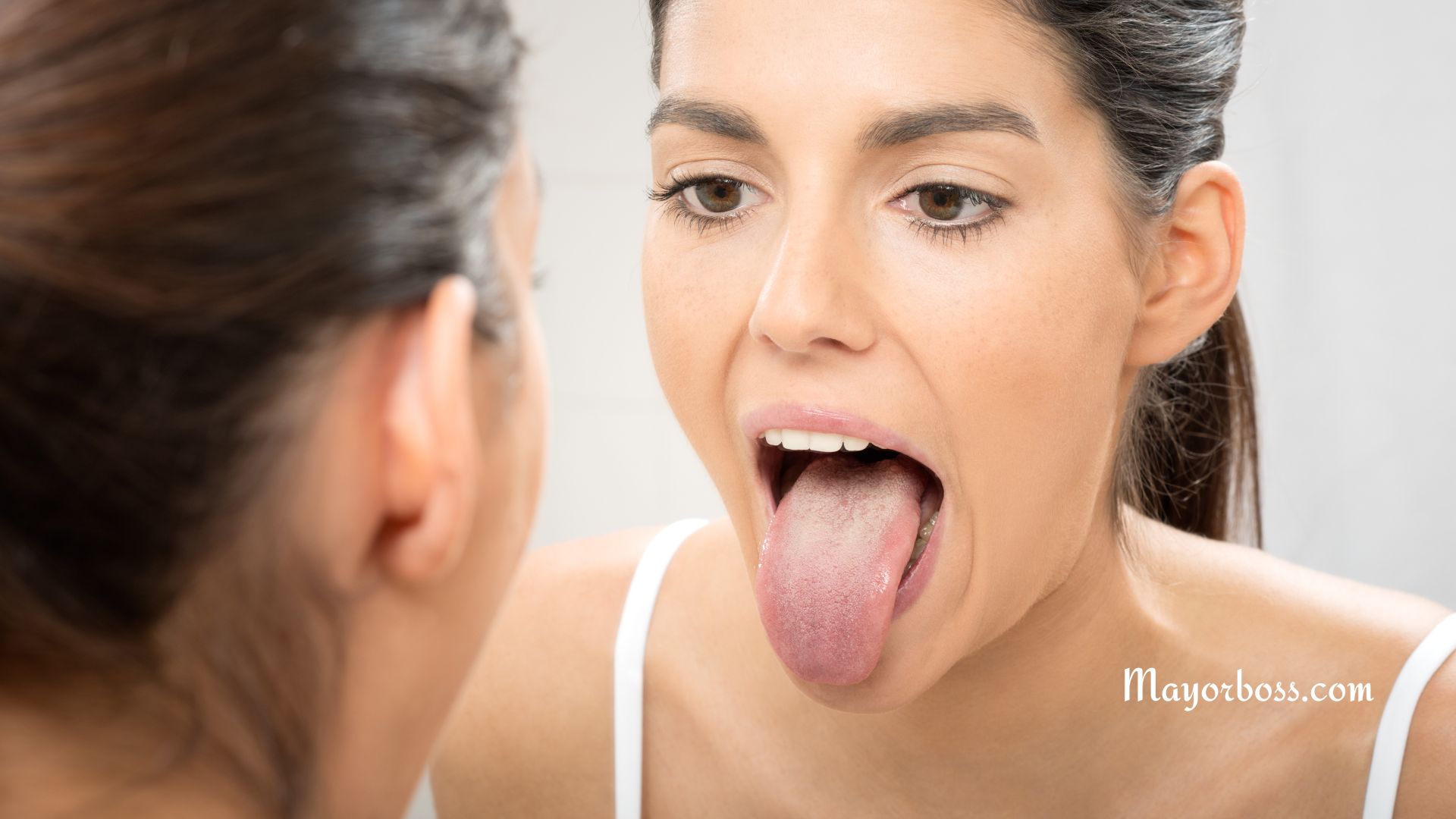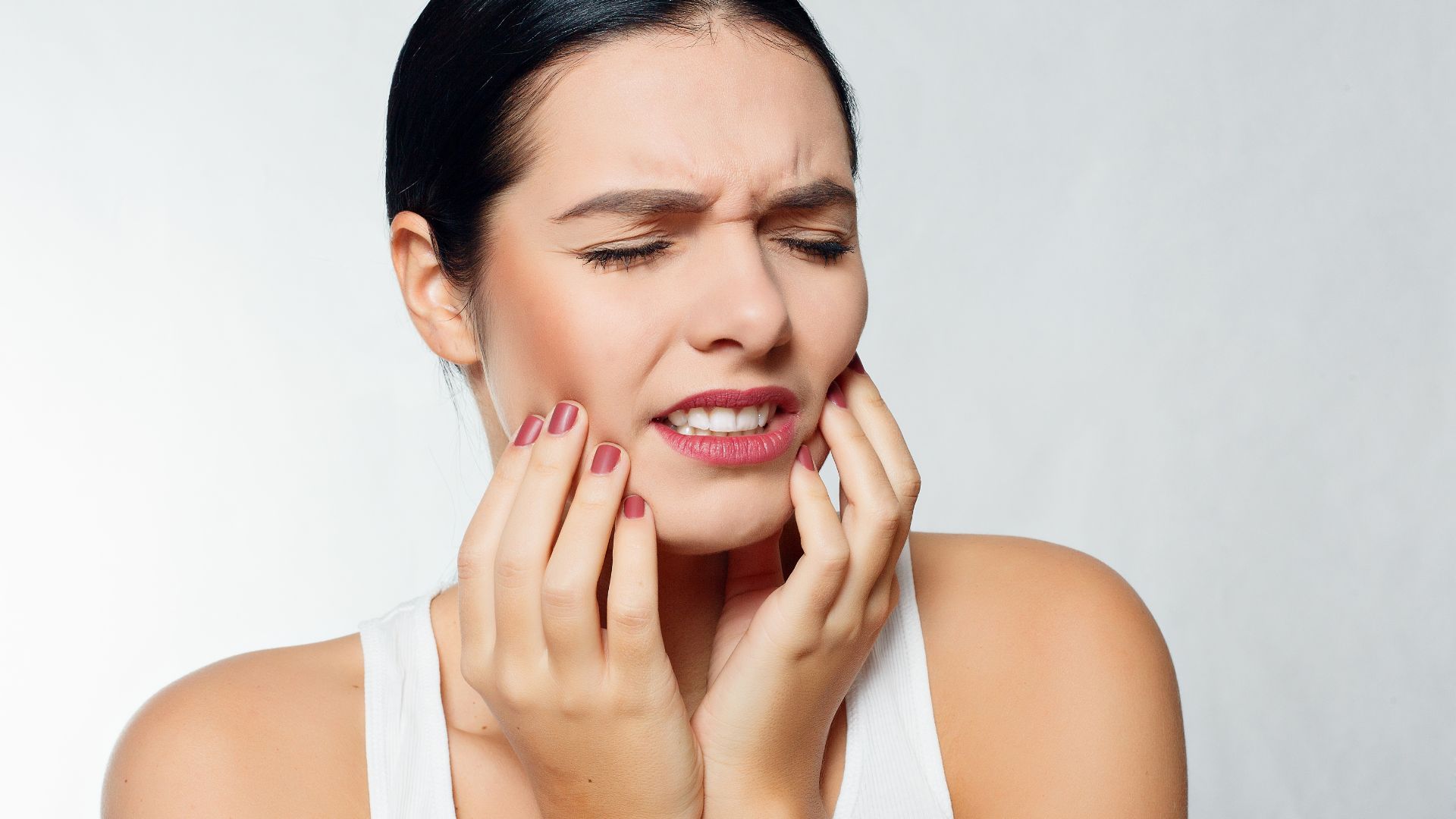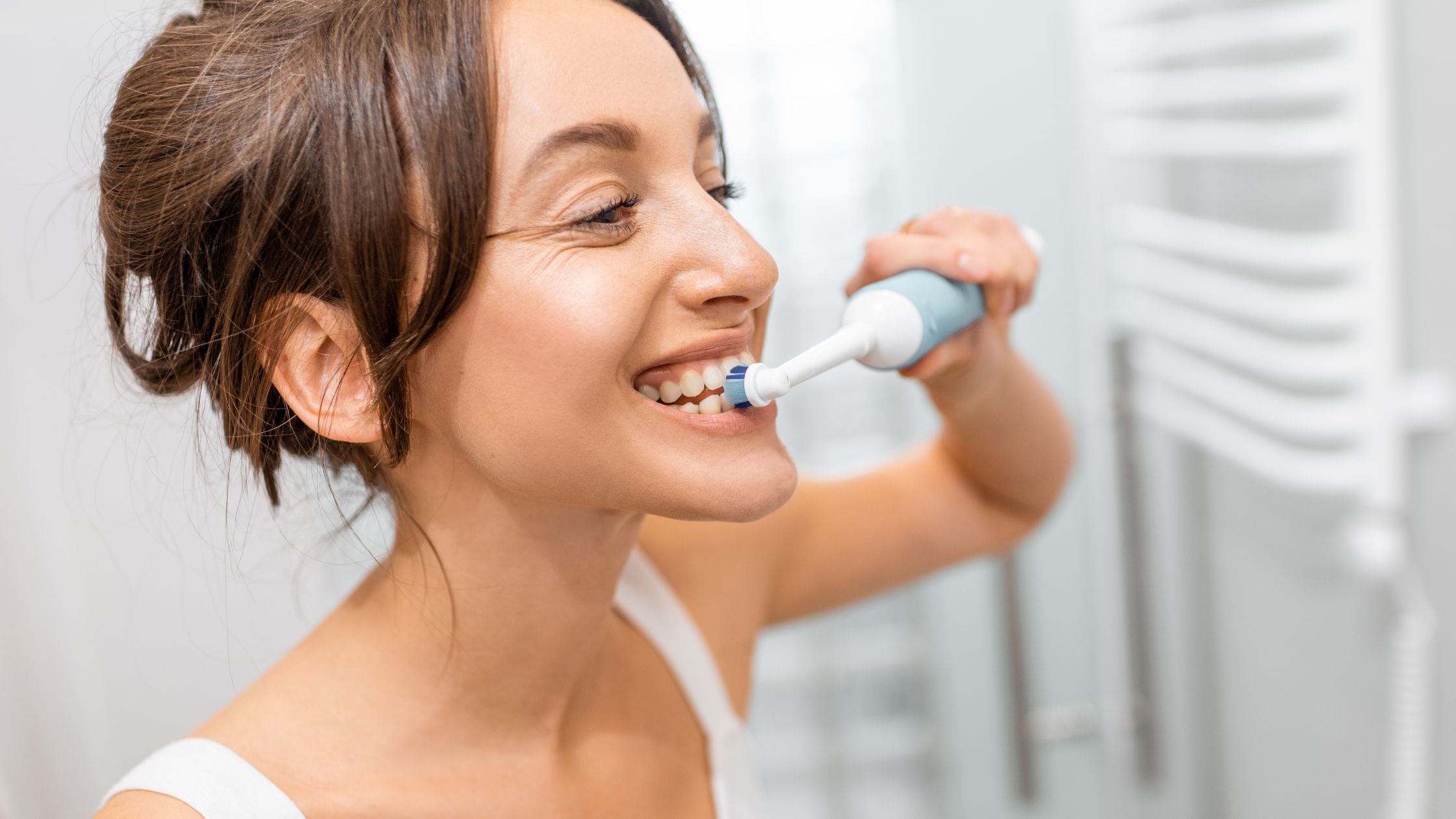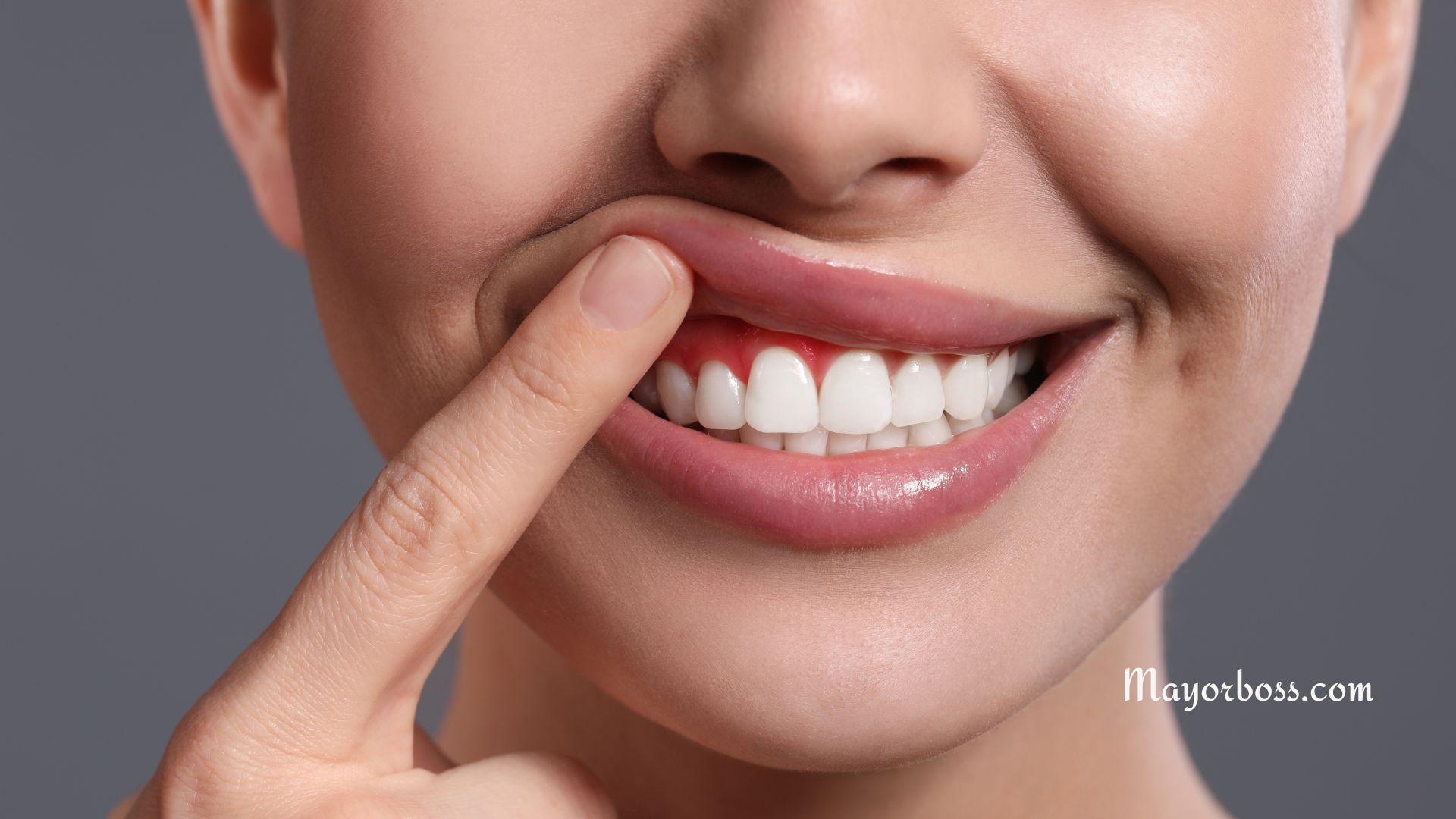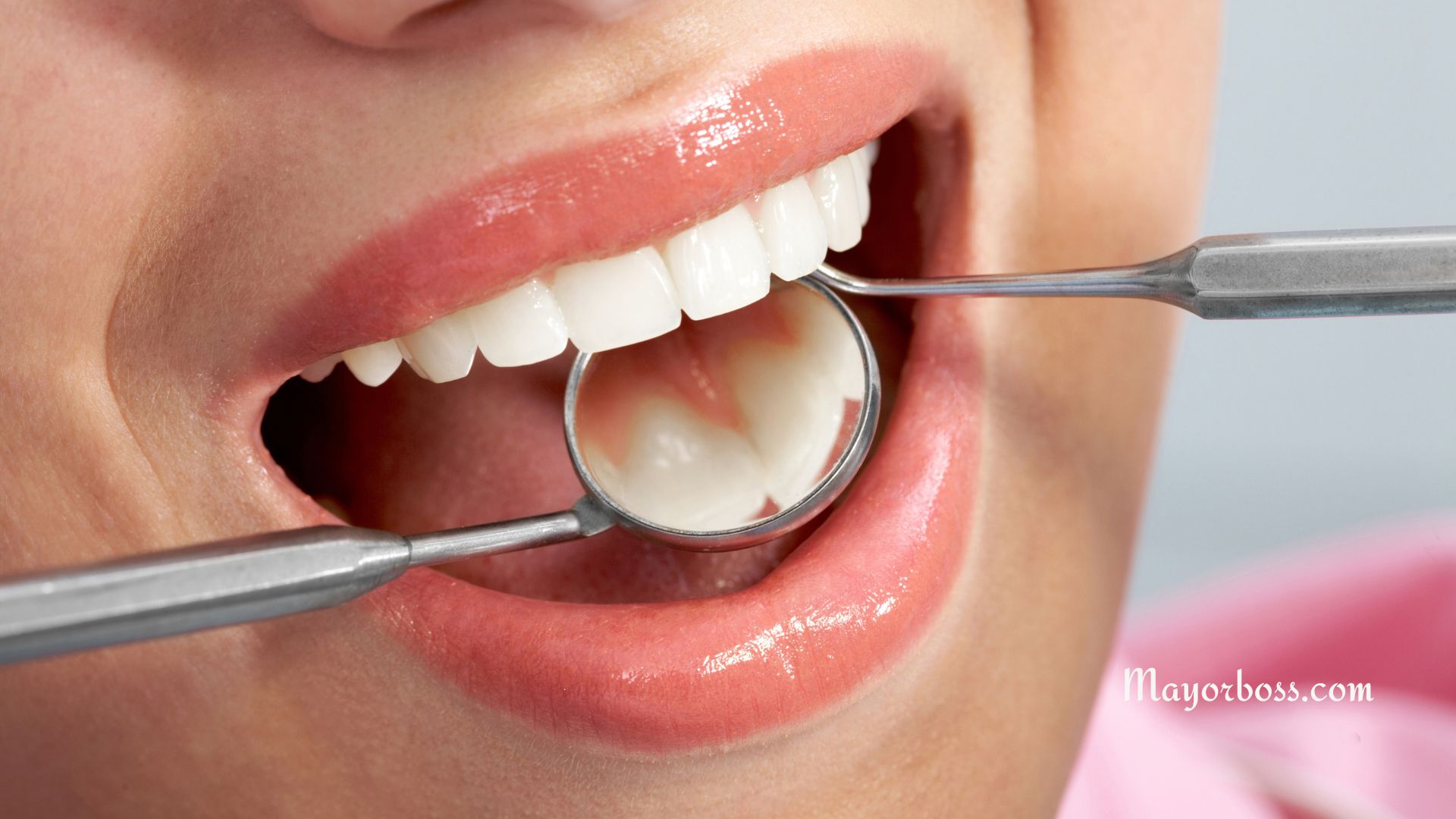How Often Should You Brush Your Teeth?
Have you ever wondered how often you should brush your teeth? It’s an important question that affects not only your oral health but also your overall health. In this article, I’ll tell you how often you should brush your teeth, the benefits of brushing regularly, and some tips to ensure you’re brushing effectively.
How Often Should You Brush Your Teeth?
The American Dental Association (ADA) recommends brushing your teeth at least twice a day for 2 minutes each time. This means brushing in the morning and before you go to bed. Should you brush after every meal? Brushing more often than twice a day is not necessary, although it can help remove additional food particles and plaque. Nevertheless, if you eat something sugary or sticky, it’s reasonable to brush your teeth afterward.
But remember this: Brushing your teeth too often can actually be harmful to your oral health because it can damage tooth enamel and cause sensitivity. Therefore, it’s important to follow the ADA’s guidelines for brushing twice a day for two minutes.
The Benefits of Brushing Regularly
Brushing your teeth regularly has numerous benefits. It removes plaque and bacteria from your teeth and gums, preventing tooth decay, gum disease, and bad breath. It also helps to whiten your teeth by removing surface stains. Additionally, brushing your teeth can help prevent heart disease, stroke, and other health problems. Several studies have reported that people with poor oral hygiene are more likely to develop these conditions.
How to Brush Your Teeth Effectively
Brushing your teeth effectively involves more than just scrubbing your teeth with a toothbrush. Here are some tips to make sure you’re brushing effectively:
Use the Right Toothbrush
Use a toothbrush with soft bristles to avoid damaging your teeth and gums. Electric toothbrushes can also be more effective at removing plaque and bacteria than manual toothbrushes.
Use the Right Toothpaste
Choose a toothpaste that contains fluoride to strengthen your teeth and prevent tooth decay. Avoid toothpaste with harsh abrasives that can damage your tooth enamel.
Brush Correctly
Hold your toothbrush at a 45-degree angle to your teeth and brush in circular motions. Brush the outer surfaces, inner surfaces, and chewing surfaces of your teeth. Don’t forget to brush your tongue to remove bacteria and freshen your breath.
Brush for at Least Two Minutes
Brushing for at least two minutes ensures that you’re giving your teeth and gums a thorough cleaning. Use a timer or play a song to make sure you’re brushing long enough.
Floss Daily
Flossing removes plaque and bacteria from between your teeth and gums, where your toothbrush can’t reach. Experts suggest flossing at least once a day, preferably before bed.
Use Mouthwash
Mouthwash can help kill bacteria and freshen your breath. I always recommend that you use a mouthwash that contains fluoride to strengthen your teeth and prevent tooth decay.
Other Tips for Good Oral Hygiene
In addition to brushing your teeth regularly, there are other things you can do to maintain good oral hygiene:
Eat a Healthy Diet
Eating a healthy diet that’s low in sugar and high in nutrients can help prevent tooth decay and gum disease.
Don’t Smoke
Smoking can stain your teeth, cause bad breath, and increase your risk of gum disease and oral cancer.
Visit Your Dentist Regularly
Visit your dentist every six months for a check-up and cleaning. Your dentist can detect and treat problems early before they become more serious.
Also read: What Happens When You Don’t Brush Your Teeth Everyday


